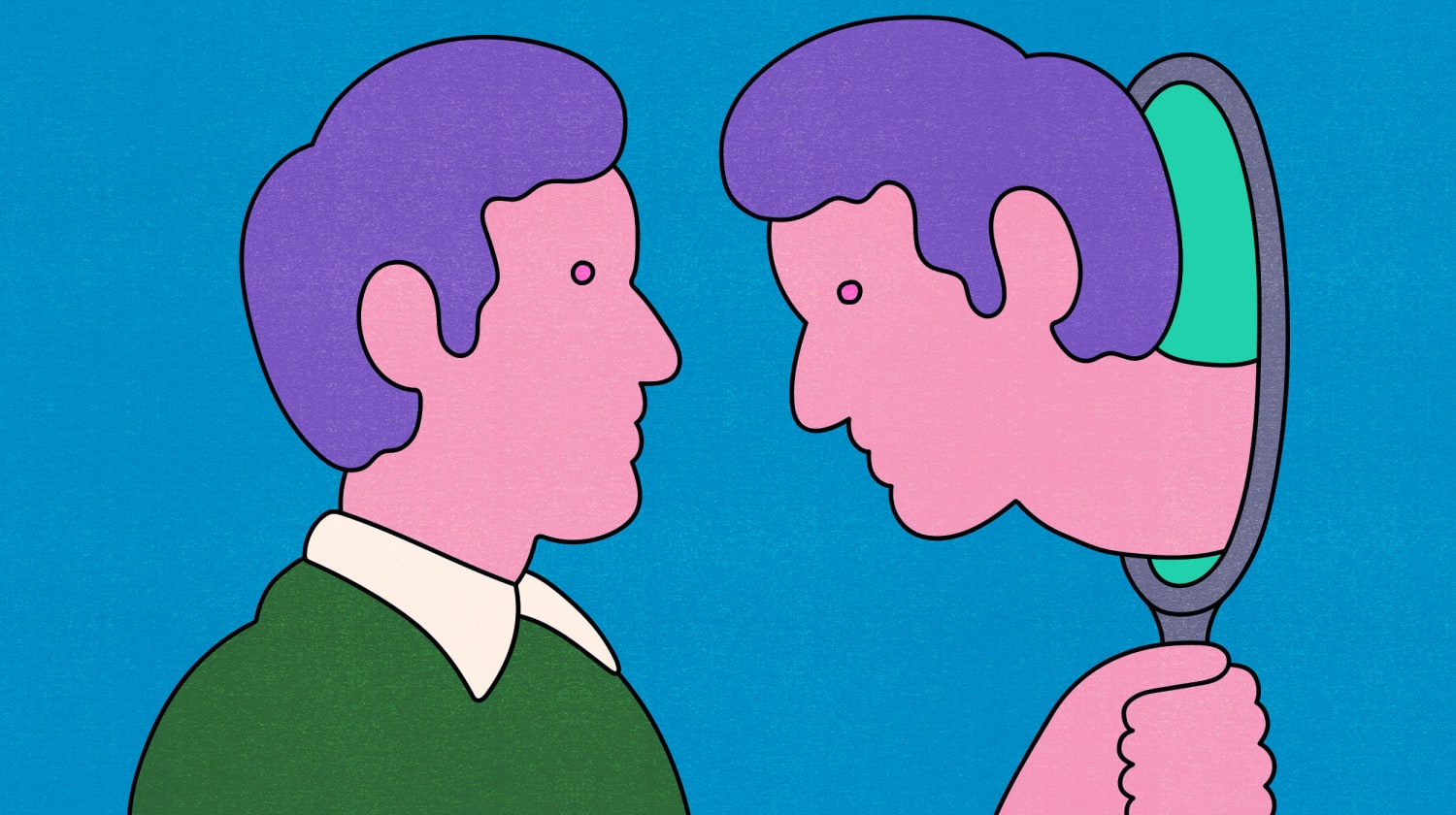What is Counseling?
Counseling is a process of providing assistance and guidance to individuals who are struggling with personal, social, or psychological problems. It is typically conducted by a trained professional who helps clients identify goals and potential solutions to problems that cause emotional turmoil. Counseling can help individuals better understand their emotions and develop healthy ways to cope with stress.
Counseling can be a valuable resource for young people, providing them with a safe and confidential space to discuss their thoughts and feelings. It can help them develop coping mechanisms to deal with stress and anxiety, improve their self-esteem, and build stronger relationships with family and friends.
Types of Counseling
- Cognitive-behavioral therapy (CBT): This type of therapy focuses on identifying and changing negative thought patterns and behaviors that contribute to mental health issues.
- Psychodynamic therapy: This type of therapy is based on the idea that unconscious thoughts and feelings can influence behavior. It aims to help people gain insight into their emotions and develop healthier coping mechanisms.
- Humanistic therapy: This type of therapy emphasizes the importance of self-awareness and personal growth. It aims to help people develop a stronger sense of self and improve their relationships with others.
- Family therapy: This type of therapy involves working with families to improve communication and resolve conflicts. It can be especially helpful for young people who are struggling with family issues.
- Group therapy: This type of therapy involves working with a group of people who are dealing with similar issues. It can be a valuable resource for young people who feel isolated or alone.
The Benefits of Counseling for Young People
Improved mental health: Counseling can help young people better understand their emotions and learn healthy ways to cope with stress.










Comments
Post a Comment